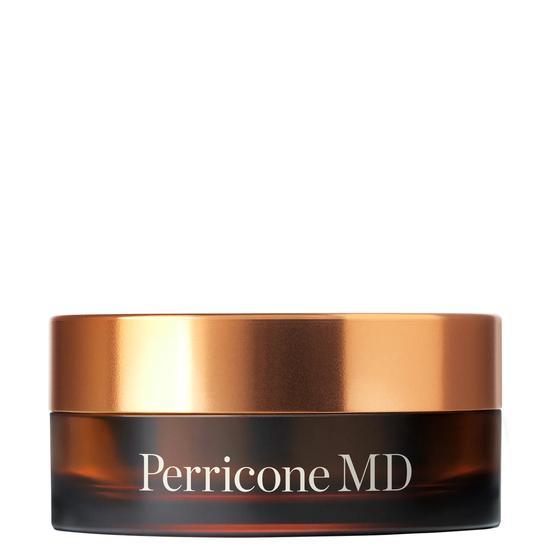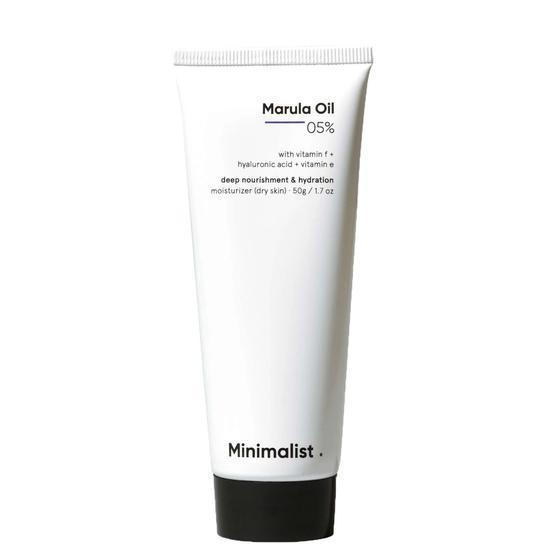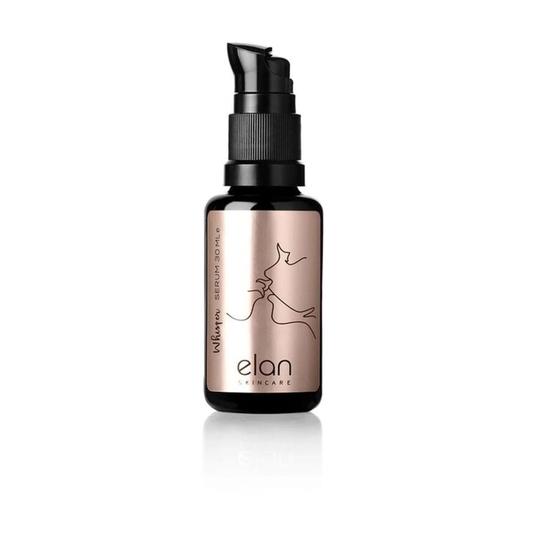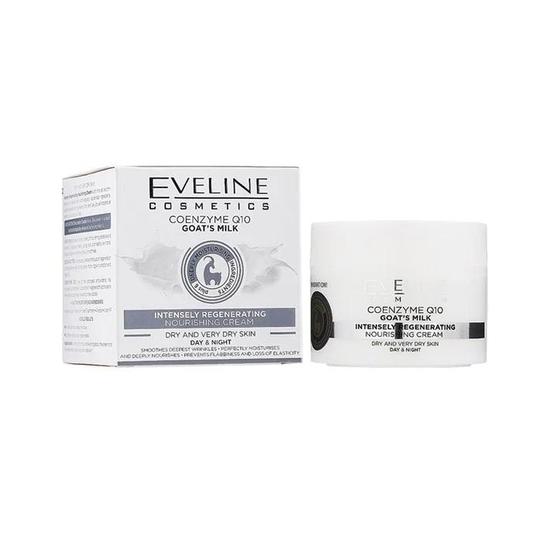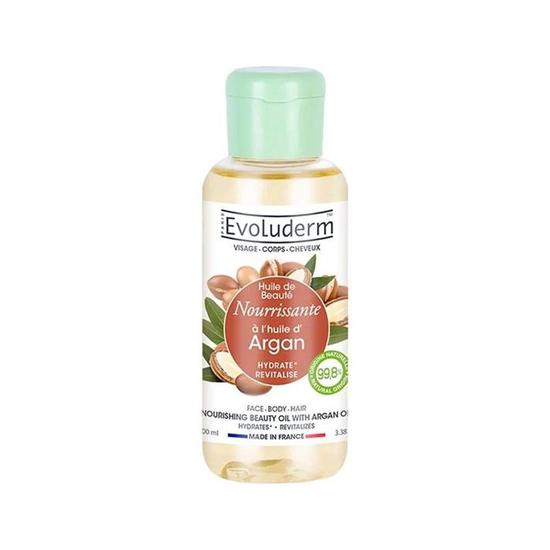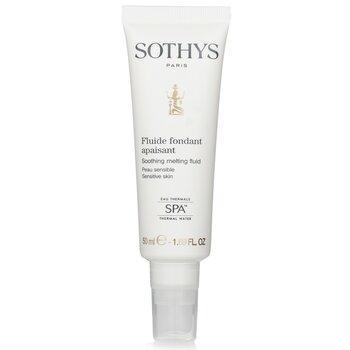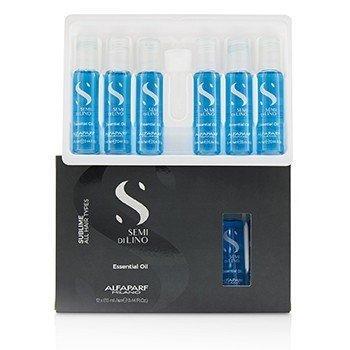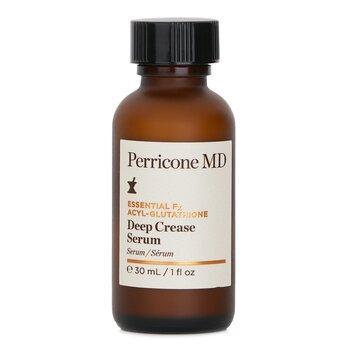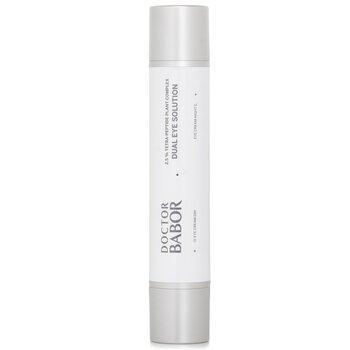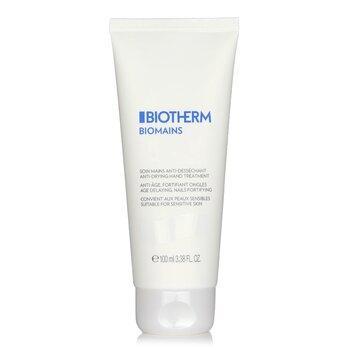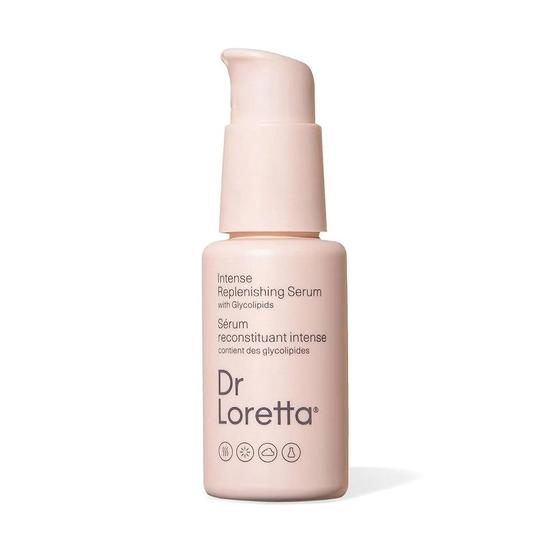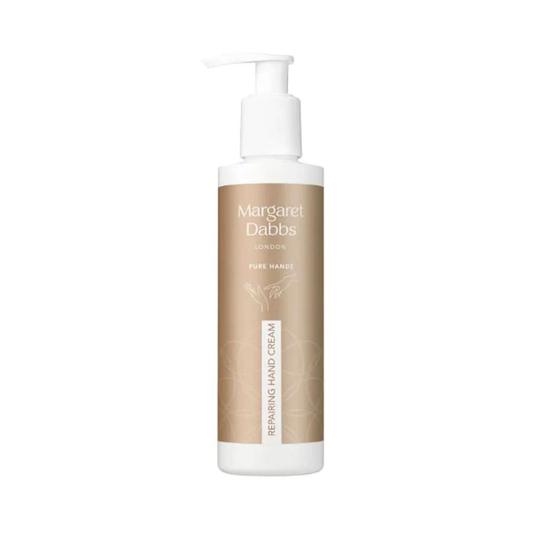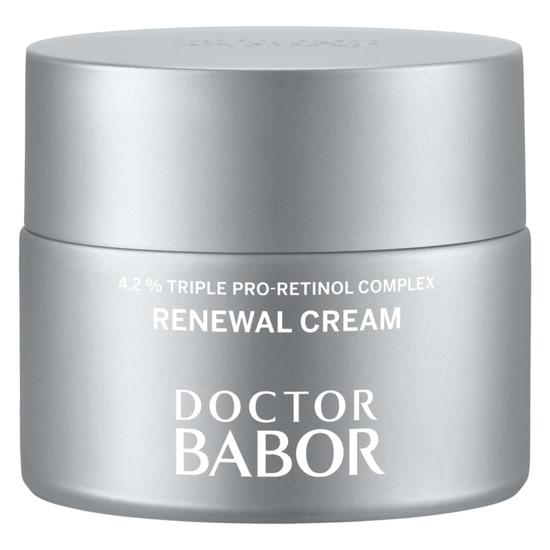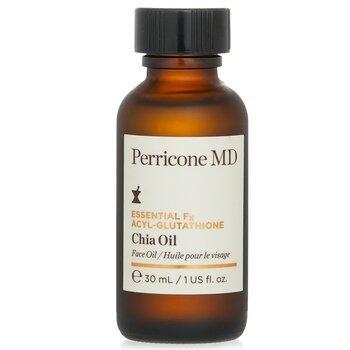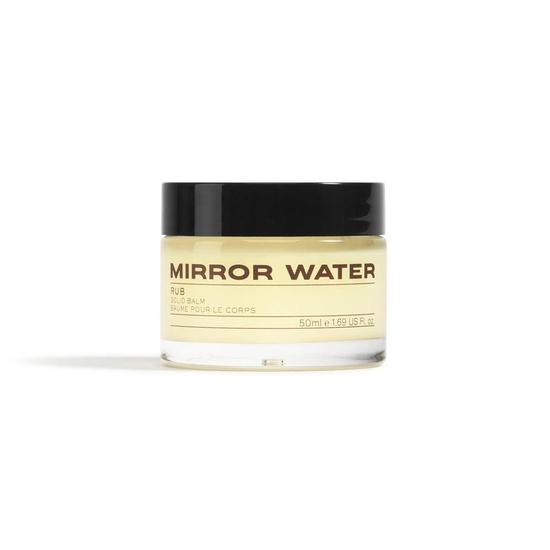
- Beauty Glossary
- Vitamin F
Vitamin F Skincare Products
An essential fatty acid that does wonders for the skin, vitamin F is a star for locking in hydration. Vitamin F is made up of two fatty acids, omega-3 and omega-6, and is integral for maintaining the skin barrier and water retention, making it a key skincare ingredient. Discover exclusive discounts on vitamin F skincare products with Cosmetify.
See our vitamin f guide to answer your questions like what is vitamin F in skincare and are linoleic acid and vitamin F the same.
Refine By
Brand
Skin Care
Body Care
Wellbeing
Nails
Sort By

Frequently Asked Questions about Vitamin F products
What is vitamin F in skincare?
First things first, let's address the misleading fact that vitamin F isn't actually a vitamin, it's a fat. The ingredient consists of two essential polyunsaturated fatty acids, linoleic acid (omega-3) and alpha-linolenic acid (omega-6), both of which are vital for the function of a healthy brain, nervous system and skin cells. For ease, you can remember 'f' for fat!
Are linoleic acid and vitamin F the same?
Again, the term vitamin F can be rather misleading. Technically, yes, linoleic acid and vitamin F can be considered the same ingredient, however, vitamin F is usually a combination of the two aforementioned fatty acids.
Some may reference vitamin F solely as linoleic acid, but the body needs both components to function healthily.
How does vitamin F work in skincare?
Vitamin F's main function is to improve the skin's structure and function of the epidermal barrier. It does this by creating two different types of essential lipids - ceramides, which are like the cement that holds cells together in the outer layer of skin, and prostaglandins, which control inflammation and promote healing.
Thanks to its oil-soluble formulation, vitamin F is easily absorbed by skin and instantly gets to work on nourishing, replenishing and protecting your complexion.
What are the skin benefits of vitamin F?
Vitamin F packs a host of health and skin benefits. When used topically, vitamin F can improve the appearance of your complexion. It's an excellent hydrator, as it supports the skin barrier by retaining moisture. It also has anti-inflammatory and calming benefits, making it an effective treatment for skin conditions caused by a compromised skin barrier, such as acne, eczema and psoriasis. And, if that wasn't impressive enough, vitamin F protects skin from harmful UV rays, helping skin to stay youthful.
Where can I find vitamin F?
As the body can't make vitamin F on its own, it's essential that you get your fix from other sources. Typically, vitamin F is found in plant oils, nuts, chia seeds, avocado, almonds and egg yolk, although it can also be applied topically. You'll find vitamin F in moisturising products, such as face creams, serums and oils.
Vitamin F can also be found in other essential oils commonly used in beauty formulas, such as argan oil and rosehip oil.
Are there any side effects of vitamin F?
There are no common side effects associated with using vitamin F. Generally, it is safe to use for all skin types, including sensitive ones. However, some might find the oiliness a little off-putting. Be sure to do a patch test with new products that contain vitamin F in order to rule out the chance of irritation.
Who should use vitamin F?
Vitamin F is a universal ingredient that can be used by all skin types, but especially those that struggle with conditions such as acne, dermatitis and psoriasis. If a person is deficient in vitamin F, it can lead to dry skin, decreased skin cell regeneration and a compromised skin barrier.
How often should you use vitamin F?
As vitamin F can be found in various forms, and incorporated into many skincare products, it's super easy to integrate it into your everyday beauty routine. It's recommended that you apply vitamin F topically twice daily, both in the morning and evening, to see its benefits. The pure oil form of vitamin F can be mixed with your favourite moisturiser, serum or face mask, or applied directly to the skin.

Written by Carly Cochrane, Beauty Editor







